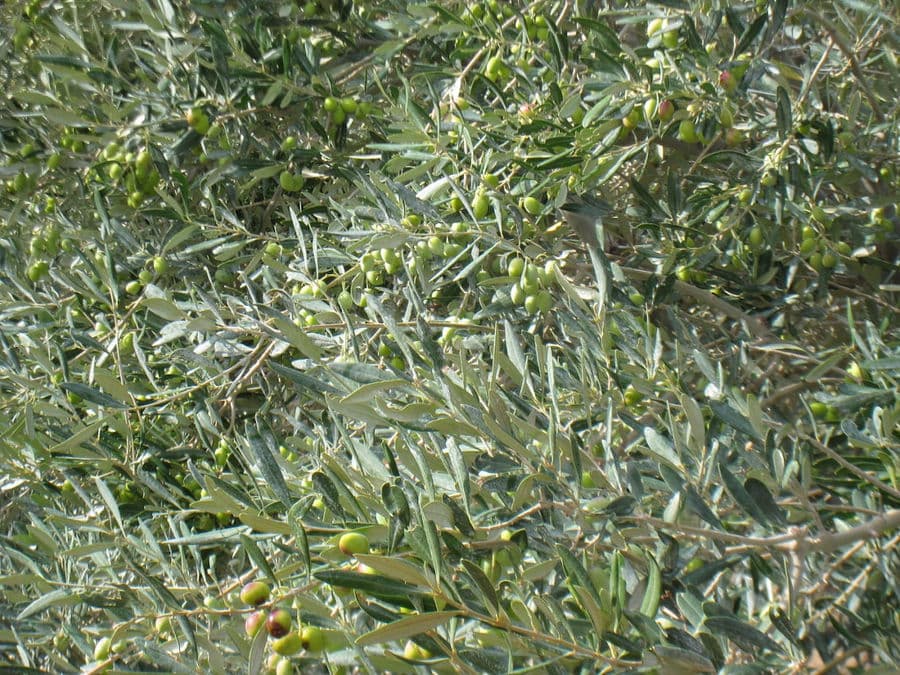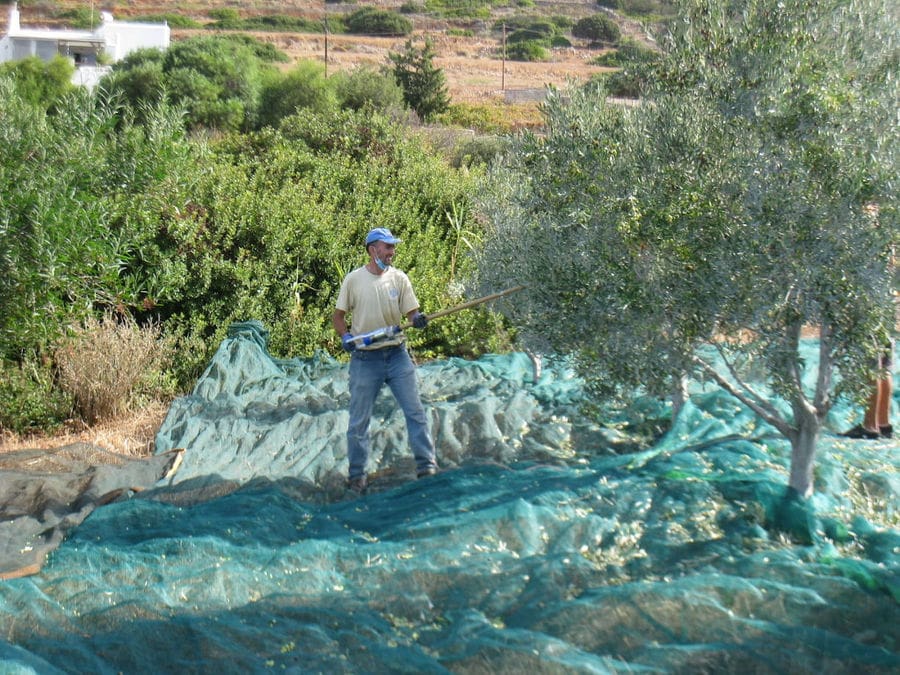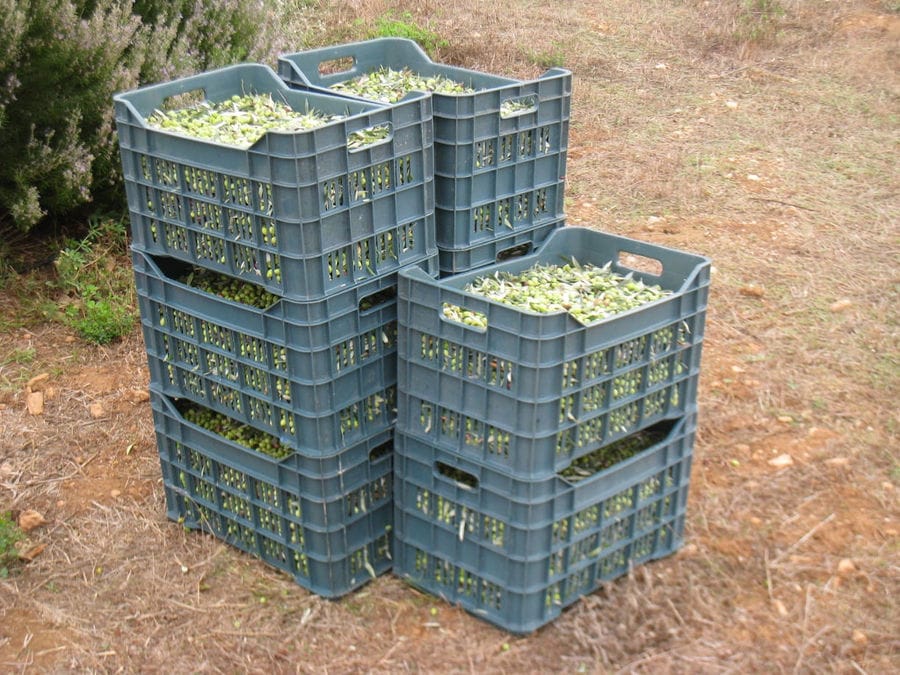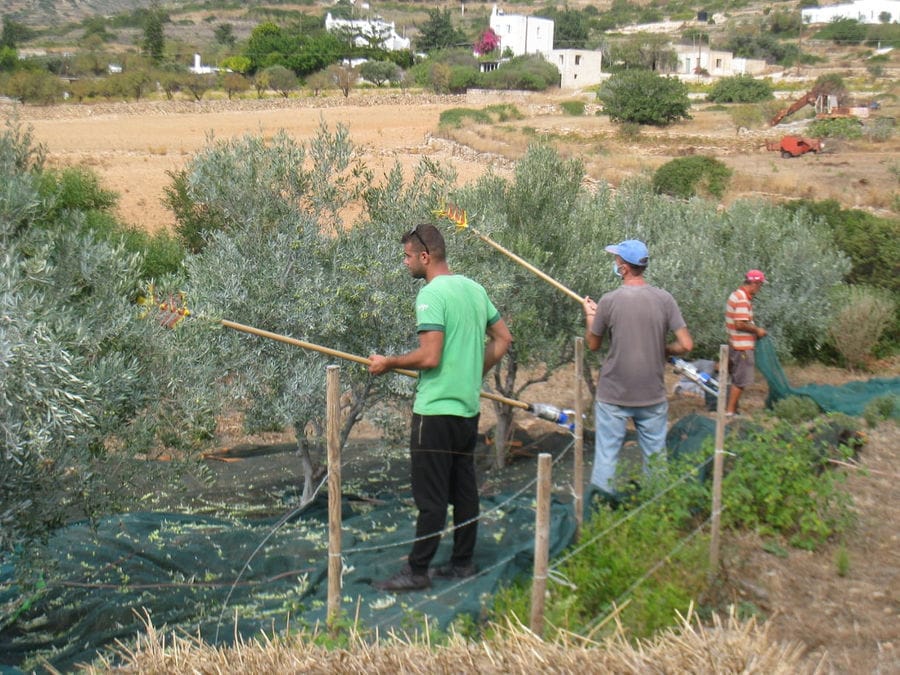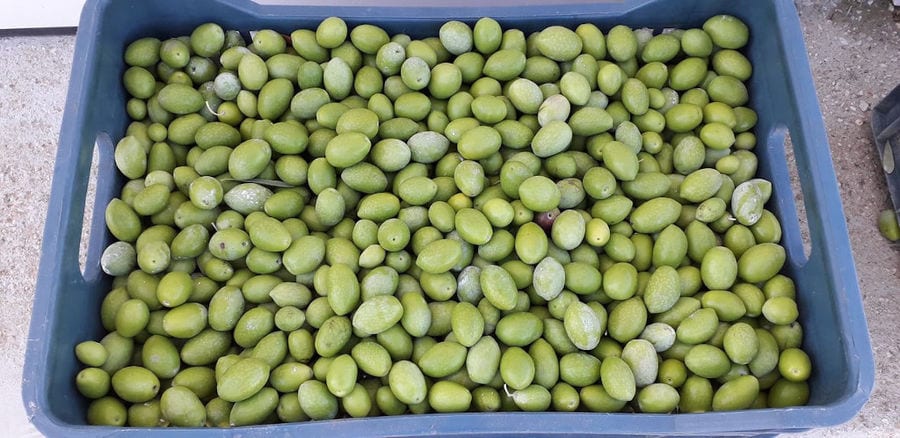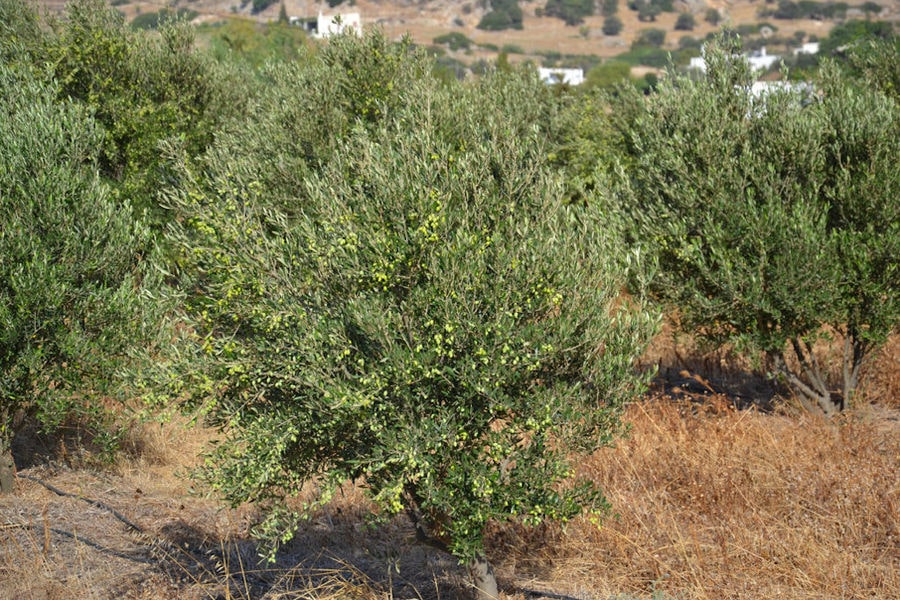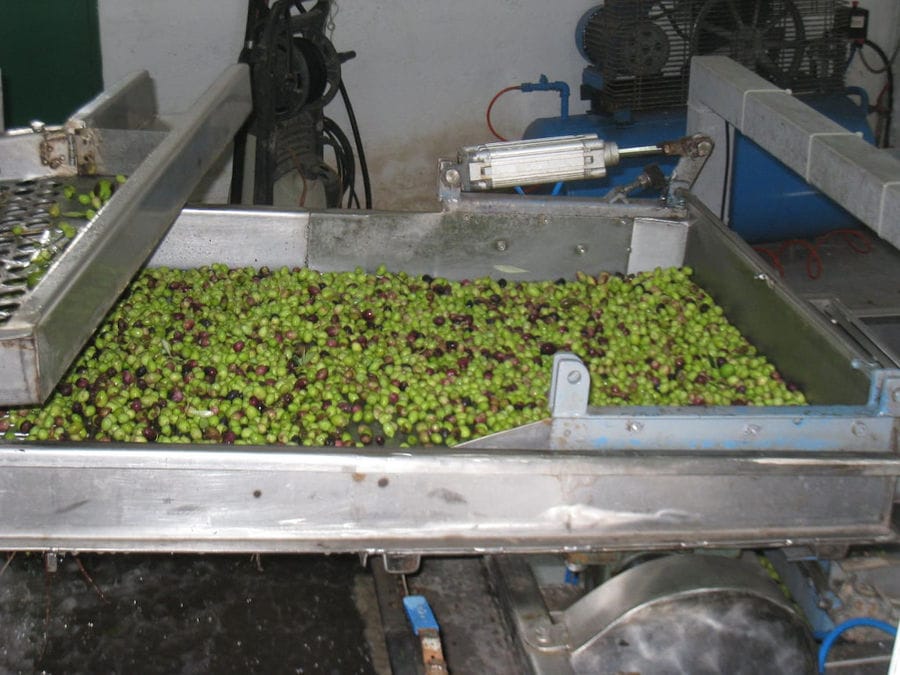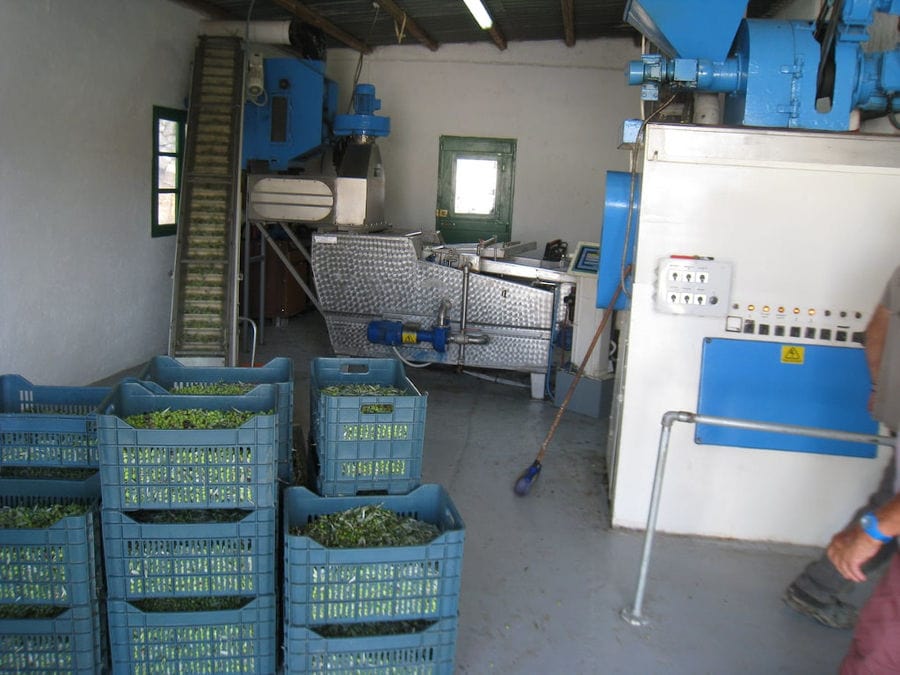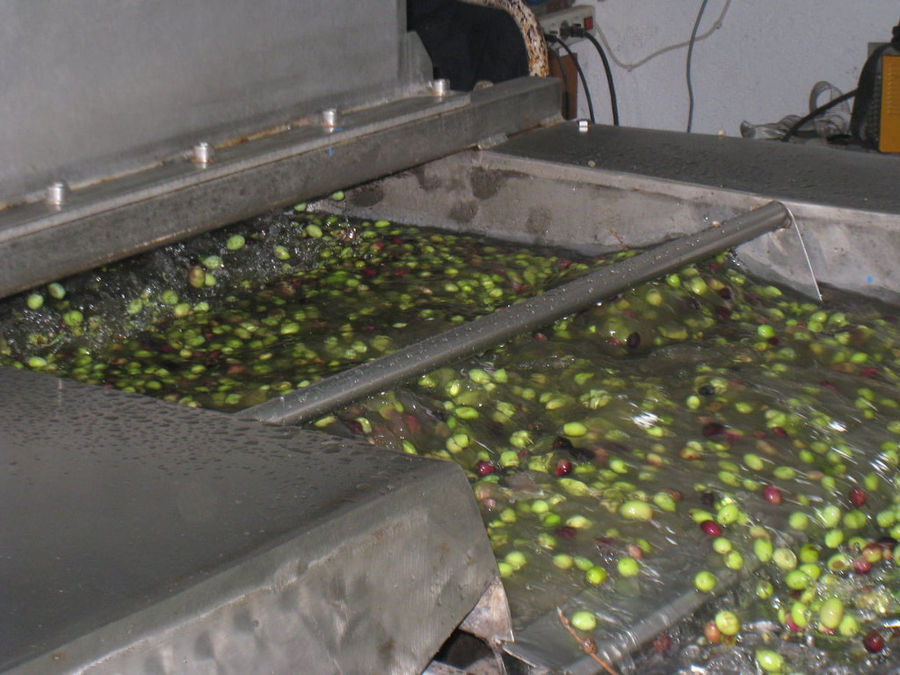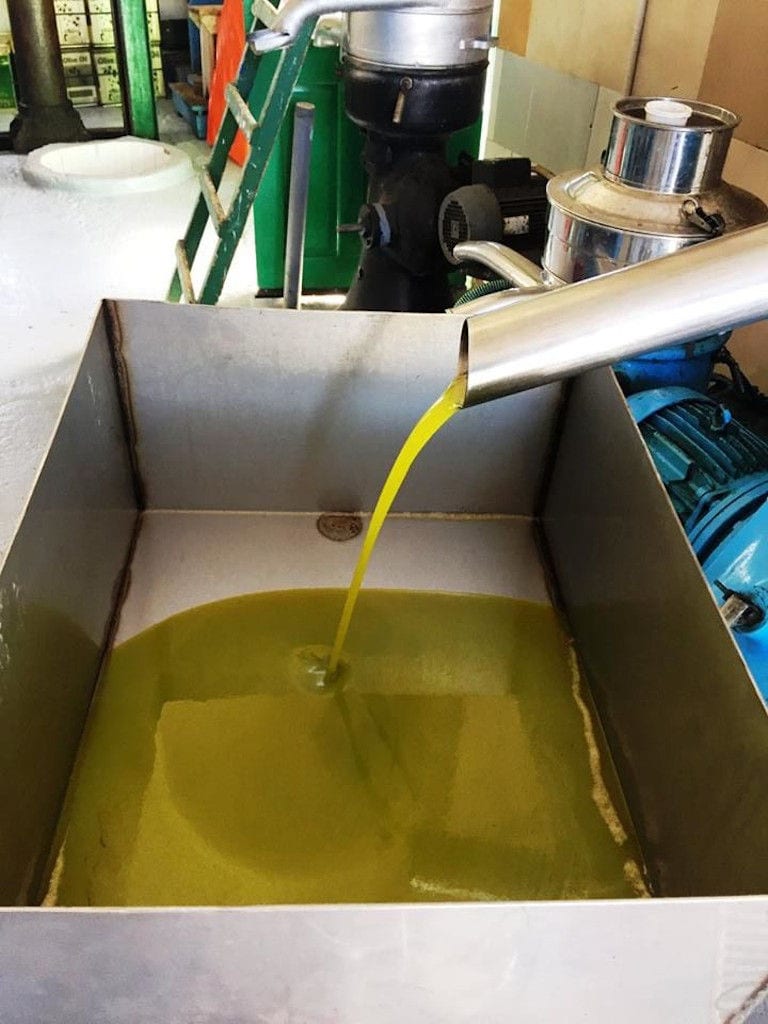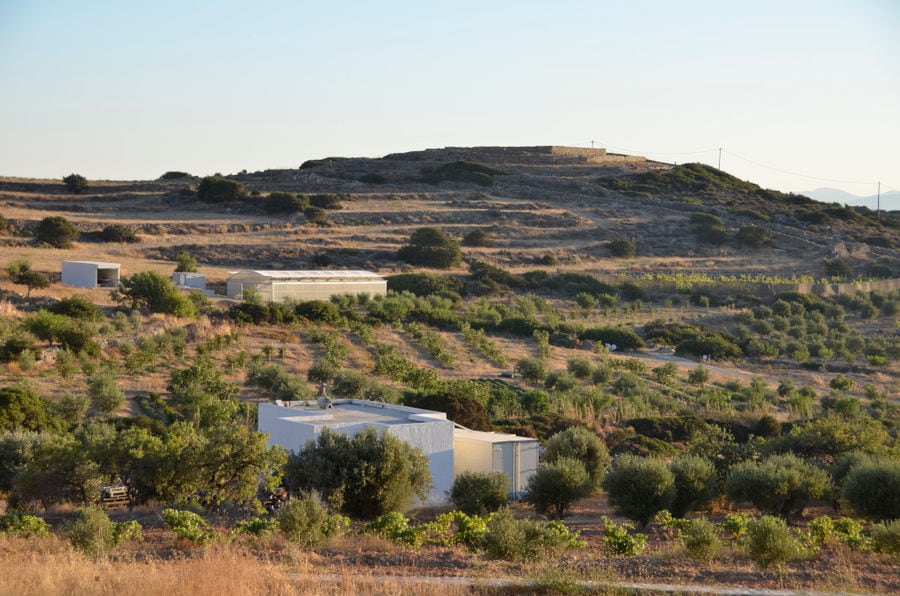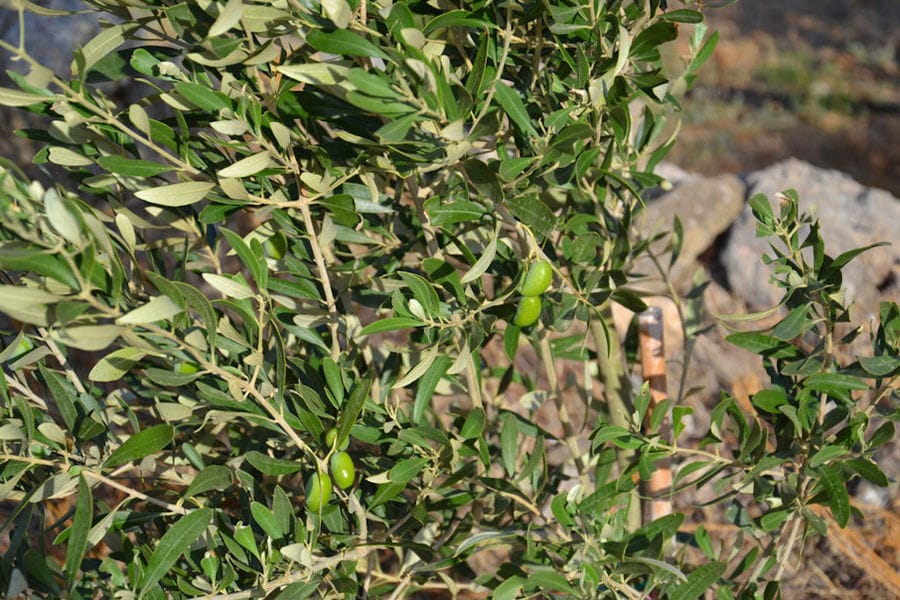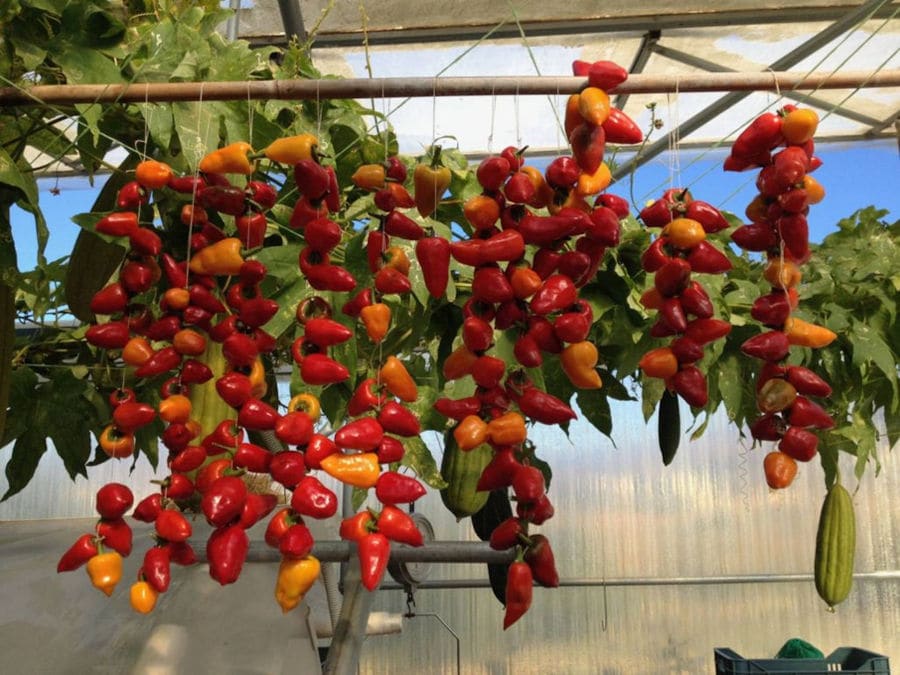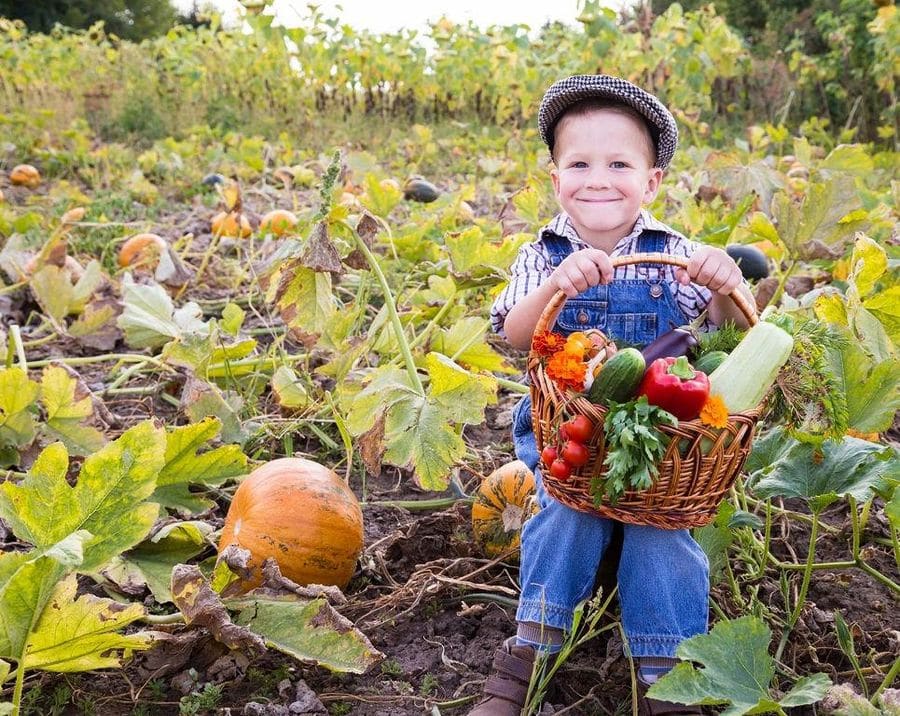This website uses cookies so that we can provide you with the best user experience possible. Cookie information is stored in your browser and performs functions such as recognising you when you return to our website and helping our team to understand which sections of the website you find most interesting and useful.
Olive Harvest and Olive Curing, Kamarantho

Duration

Availability

Guided Tour

Overnight Stay

Active Months

Bio Products
Bio Products

Toilets
Toilets

Accessibility
Accessibility

Tasting
Tasting

Dining Services
Dining Services

Retail Shop
Retail Shop

Pet Friendly
Pet Friendly
Transfer Service
Transfer Service
Description
Kamarantho is a proposal for a model of farming in Paros and, more broadly, the Aegean islands, but equally a living example of the farming practices and methods that should be used on the island and in this country.
We aim at demonstrating and prove that a modern, environmentally beneficial, viable agricultural and agro-touristic business is able to exist and make a positive contribution to the change of the established and yet destructive mentalities and practices of the past.
Our goals are:
• To create a model visitable polyculture farm, well adapted in the ecosystem of the Cyclades, and more specifically of Paros, which will offer pleasure, knowledge and experiences to its visitors, local and foreign.
• To produce excellent pure organic products that will get established in the local market and will be loved by the consumers.
• To operate as a base for the learning and application of the most appropriate modern organic farming practices.
• To succeed in promoting a model of small-scale organic agriculture based on the principles of permaculture and sustainable tourism.
Why visit Kamarantho?
• Our cultivation practices at Kamarantho seek to emulate a natural forest ecosystem. Trees, bushes, grasses, tubers, and climbing plants are cultivated together and coexist as they do naturally in a forest.
• Our crops do not follow the usual linear configuration in space.
• The variety and alternation of the plants result in larger biodiversity, greater balance and resilience in extreme weather conditions as well as when under the attack of harmful insects and pathogens.
• Control of weeds is done through a dense soil cover with plant residue (straw, chipped branches from pruning) and through mowing.
• There has been extensive planting of nitrogen-binding trees and bushes, which are also resistant to hot, dry conditions
• Polyculture, in contrast to monoculture.
• We compost the farm’s plant residue.
• We collect rainwater
• We use an automated remote-control Greenhouse Management System.
• We handpick our herbs at the appropriate time
• We harvest our olives early, using the traditional harvesting methods
ACTIVITY DESCRIPTION
You have the opportunity to join us during the olive harvest season in October. During this time, you can acquire knowledge on olive picking, the process of producing extra virgin olive oil, and the art of curing olives.

